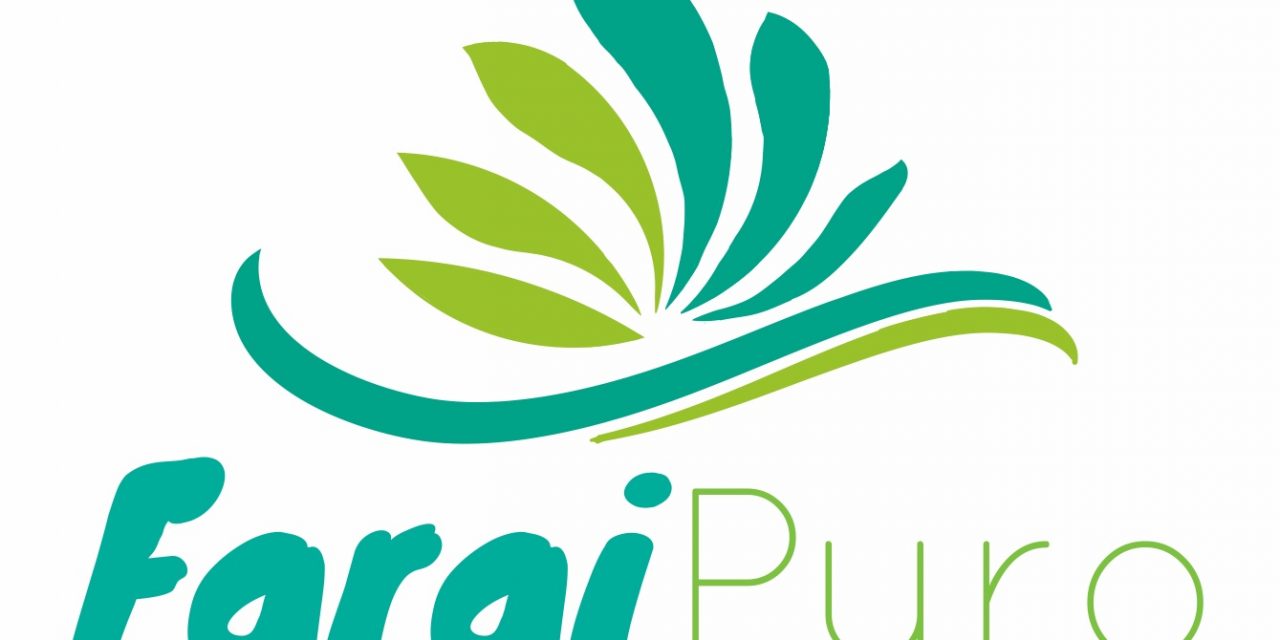A chemical engineering graduate Farai Musendo has come up with a novel project that turns plastic waste into diesel. His company is called Farai Pyro. With the country currently dogged by persistent fuel shortages and plastic waste, Mr Musendo’s project is likely to contribute immensely towards ending both crises. Already, his invention has seen him come second in the 2018/19 Total Zimbabwe Start Upper Challenge. It is important to note that the diesel that he produces is industrial and is suitable for rotary kilns used by cement makers, bakeries and other heating purposes. It cannot be used in cars, unfortunately.
In an interview with The Standard newspaper, Farai revealed that he started working on the idea on his final year project at the National University of Science and Technology where he studied. He added that prior to winning $10 500 from the Total Zimbabwe Start Upper Challenge, he used his own money to build the company. He now plans to use his prize money to scale up the project to produce at least 200 litres of diesel per day, up from the current 20 litres per day.
Project benefits
Apart from easing pressure on diesel demand in the country, Musendo’s project goes a long way in addressing waste management challenges that Zimbabwe currently grapples with. Using a process called catalytic pyrolysis, Farai Pyro hopes to create more employment. At the moment, the company employs six people full time and several others on attachment. In addition, the company also works with homeless individuals (street kids) who supply them with empty plastic bottles and are paid for that. If the company grows, more people will be employed. Farai Pyro’s diesel is reasonably priced too. It currently sells for $2 while normal diesel costs over $3 per litre. Musendo’s project also produces wax which can be used to make floor polish. Currently, this sells for 60 cents per kg although plans to commercialise and package it are underway. It will cost more after that.
Buy-in
Having showcased his idea at the Zimbabwe International Trade Fair (ZITF) in 2016, Musendo’s idea has already attracted the attention of government through President Emmerson Mnangagwa. However, the project has not received any direct support from government yet. Government buy-in is always important for projects like this. This has not stopped Farai however. United Nations representatives have already visited his plant, so has the Environmental Management Agency. The Research Council of Zimbabwe has also tested and certified his product. In fact, they even gave him an award for Outstanding Research in 2017. As for his vision, Musendo says he has already applied for a tender at Harare City Council for a partnership for a waste energy plant at Pomona landfill. He also hopes to have plants in all provinces of the country with each plant producing 100 000 litres each. Given the opportunity, Farai Pyro will adopt one of the streets in Harare and keep it clean. Like many other Zimbabwean start-ups, Farai laments the lack of funding and the high operating costs in the country. He wishes to raise $100 000 to achieve his dreams.
Other countries
Farai Pyro is not the only company pursuing production of fuel from plastic waste. GrahamTek in Cape Town South Africa has also been working on a machine that converts plastic to oil. It is cost effective and environmentally friendly as it has low emissions. Elsewhere, it was recently announced that an aeroplane is due to fly from Sydney to London powered by diesel made from plastic waste by a company called Cynar in the United Kingdom. The full feasibility, sustainability and viability of such innovations is yet to be ascertained but they do have a place in our business environment. That a Zimbabwean company is also working on such technology is also a plus for us. We are certainly not lagging behind as we normally do.
We hope to see these and other innovations getting the required support for them to scale up and make a difference in our country. They are potential game changers. The Presidents monthly Clean Up Campaigns will become profitable for both the environment and Farai Pyro.








